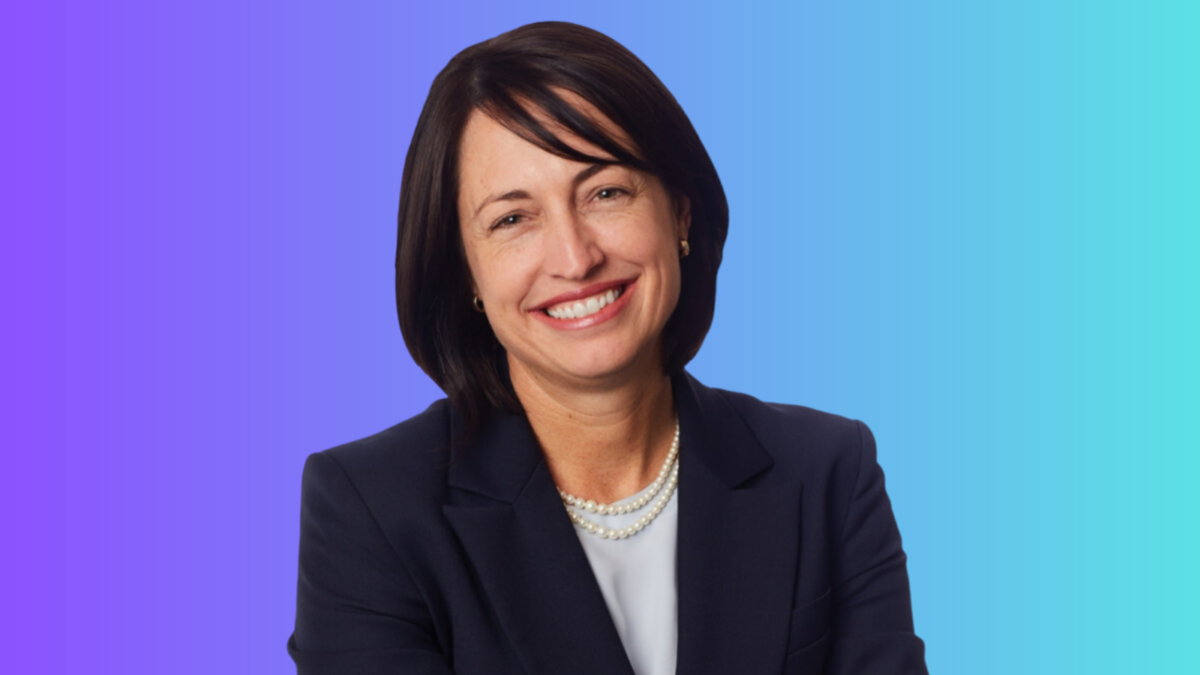In-house assets hit 10 per cent at HESTA, but hybrid model here to stay
Eighteen months after launching its internalisation strategy with a target of 15 per cent of assets managed in-house, HESTA’s internal teams are now running around $7 billion – or 10 per cent of AUM – across domestic equities, fixed income and cash.
“Australian equities went live in December 2021, while the Australian fixed income and cash team went live in June 2023,” HESTA CIO Sonya Sawtell-Rickson (pictured) told ISN. “So our focus is very much on continuing to develop the current internalisation program through further growing our fixed income and cash strategies and extending internal management to Australian equities in our Sustainable Growth options.
“We also want to add resources to the team such as credit analysts. In the Australian equities team we want to enhance returns for members by broadening our exposure across companies deploying capital to build a more sustainable world. We will continue to operate a hybrid strategy, partnering with leading external investment managers that bring unique insights that challenge and inform our thinking across the portfolio.”
HESTA still uses more than 100 investment managers across all asset classes, but the fund’s corporate strategy has seen it “think deeply” about where it can move down the investment capability value chain and where it can generate “as good if not better investment performance, and establish a comparative advantage”.
“We do some trading and rebalancing in the portfolios and we do a lot of the synthetic tilting, so dynamic asset allocation within the portfolios,” Sawtell-Rickson said in May. “We do what we call enhanced unlisted, and what we mean by that is we don’t have a sourcing capability. We’re not out there globally trying to find the next opportunity.
“But we do want to work with managers to benefit from their sourcing capability, ideally hold the assets in our own name, embed future optionality of those assets and governance of those assets. And where we can’t do that we still do some funds, and increasingly co-invest.”
Sawtell-Rickson said that HESTA wants to keep partnering with leading external investment managers “that challenge and inform our thinking across the portfolio” even as internalisation creates greater efficiencies for the fund and its members.
“Our view is that we can attract talent to our business and deliver attractive net returns but we’re always going to be looking for complementary capability, complementary insight, and sharing of research and knowledge and debate,” Sawtell-Rickson said in 2022.
“And so that means we’re no longer a passive client that puts money into a fund and asks them to work their magic. We’re a much more active client; we want to have strategic partnerships at scale. It doesn’t make sense for us to have hundreds of relationships. We’d much prefer to have a more concentrated partnership with managers that have a two-way information flow.”











